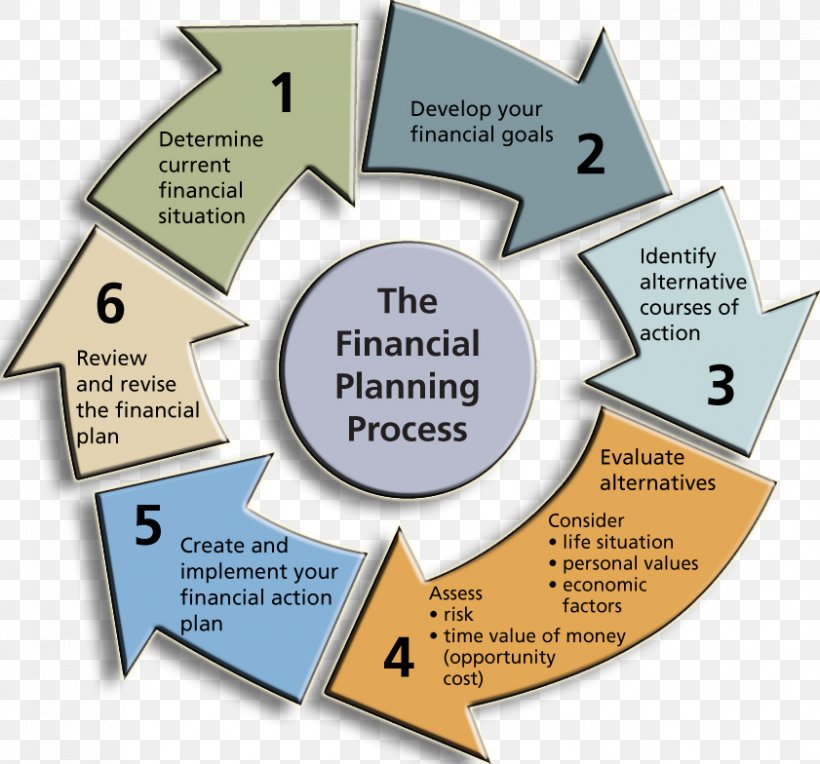
A nonprofit business plan begins with a summary section that tells the reader what change you want your organization to make. This section will discuss your mission and vision as well the goals of your organization. This summary serves as an overview for the rest of your plan. This summary should include financial information as well as your costs.
Executive summary
A nonprofit business plan executive summary should include information about the organization's mission, goals, and strategies. It should identify the marketing strategies and target audience. It should also outline the financial situation and future plans. It should also highlight the team members. This section should include the key staff and board members of the organization.
A nonprofit business plan executive summary should include details about the daily operations, staff, and facilities. It should also include details about the employees, including their salaries and job types. It should also outline the future plans for hiring employees.
Section "Team"
The team section in a nonprofit business planning should detail the organization's structure. It should also include information about paid staff. Provide details on training and other requirements of team members. Also, mention future hiring plans and temporary staffing options. Include your personal information. Describe your personal goals and qualifications, in addition to your role within the organization.

Depending on the mission of your nonprofit, you may also include a marketing plan. To market your nonprofit, you should clearly define your target audience. In particular, you should identify how to attract donors. You must also consider customer and donor retention when developing your marketing plan.
Prices
The costs of running your nonprofit business plan must be included in the nonprofit business plan. This section should include information about the direct costs such as salaries and expenses for facilities and insurance. You should also include website maintenance costs and phone bills. It is also a good idea include future cashflow statements, income, and balances.
A statement of activities in a non-profit business plan should include information about how much income your organization is making from its activities. This statement should include a breakup of the costs and revenues from the first year of operation and then yearly for the second and third years of operation.
Market analysis
A market analysis is a key element in developing a business plan for a nonprofit organization. Market analysis, also called an environmental scan, involves researching the market in order to understand the needs of the target audience and how the enterprise will meet those needs. A lack of market knowledge can make it impossible for any mission or vision to succeed. A market analysis should include a summary of the market, competitors, value proposition, and product or service.
Market analysis sections of your nonprofit business plans should detail projections based off market data. They should also describe your target markets, competitors, beneficiaries, potential partners, and other relevant information. It should also identify specific outcomes that the nonprofit hopes to achieve. The operational plan must also be included in a plan for success. This plan details how the nonprofit will implement activities and evaluate their effectiveness.

Organisational structure
The nonprofit business plan's organizational structure should describe the organization's structure as well as the goals, objectives, and mission. The business plan should describe the purpose of the nonprofit and what market it will serve. Moreover, it should explain how the products and services offered by the nonprofit will benefit its clients and community. The non-profit business plan must also identify its board members as well as its management team. An organizational chart is the best way to accomplish this.
A nonprofit will typically have a leadership committee or board, while a for profit company will have a volunteer coordinator. No matter the size of your organization, you must clearly describe your organizational structure and identify its key management staff. In other words, describe who is going to be involved in each department and describe their job descriptions.
FAQ
What is the difference?
A consultant is an advisor who gives information on a particular topic. A consultant provides solutions to problems.
A consultant works directly alongside clients to help them realize their goals. A consultant provides advice to clients through books and magazines, lectures, seminars, and other means.
How can I become a successful consultant
Find an area that you are passionate about. Next, you need to establish relationships. You need to know what clients want and how they operate. Finally, you must deliver results.
You don't have to be the best at everything, but you do have to be better than everyone else. You must also have passion for your work. It doesn't suffice just to say "I'm going be a Consultant." You must believe in yourself.
How much does it take to hire a consultant
There are many factors that go into the cost of hiring a consultant. These are:
-
Project size
-
Time frame
-
Scope and nature of work
-
Fees
-
Deliverables
-
Other factors such as location and experience are also important.
How do you start an LLC consultancy company?
It is important to first decide what you want as a service provider. The next step is to ensure that you're qualified for the services you offer. It might also help to find someone who already does what you want to offer and see how they operate.
Once you know your product/service, you should start looking for the right market. If they don't exist, you might have to make them.
Then you need to decide whether you want to go into business for yourself or hire others to do it for you.
A license from the state could be required to start your own consulting business. However, this can take some time and require legal fees.
What type of contracts are available to consultants?
Most consultants sign standard employment deals when they're hired. These agreements define the terms of the agreement, including how long the consultant is expected to work for the client as well as what he/she should be paid.
Contracts may also include details about the specific areas of expertise that the consultant is going to be focusing on as well as how they will be compensated. For example, the agreement may say that the consultant will provide training sessions, workshops, webinars, seminars, etc.
Other times, the consultant simply agrees to complete specific tasks within a specified timeframe.
In addition to standard employment agreements, many consultants also sign independent contractor agreements. These agreements allow the consultant not only to work for himself/herself but also provide payment.
Do I need legal counsel?
Yes! Yes. Many consultants sign contracts without seeking legal advice. This can lead to issues down the road. For example, what happens to the contract if the client terminates it before the consultant has completed? Or, what happens if the consultant doesn't meet the deadlines set forth in the contract?
To avoid any problems, it's best that you consult a lawyer.
Statistics
- According to statistics from the ONS, the UK has around 300,000 consultants, of which around 63,000 professionals work as management consultants. (consultancy.uk)
- On average, your program increases the sales team's performance by 33%. (consultingsuccess.com)
- My 10 years of experience and 6-step program have helped over 20 clients boost their sales by an average of 33% in 6 months. (consultingsuccess.com)
- Over 62% of consultants were dissatisfied with their former jobs before starting their consulting business. (consultingsuccess.com)
- 67% of consultants start their consulting businesses after quitting their jobs, while 33% start while they're still at their jobs. (consultingsuccess.com)
External Links
How To
How to Find the Best Consultant
Ask yourself what you want from your new consultant before you start looking. Before you begin looking for a consultant, it is important to know what your expectations are. A list of what you expect from a consultant is helpful. This list could include technical expertise, project management skills, communication skills and availability. After you have listed your requirements, it might be a good idea to ask colleagues and friends for their recommendations. Ask your friends and colleagues if they have had bad experiences with consultants in the past. Compare their recommendations with yours. Do some internet research if they don't have recommendations. There are many websites, such as LinkedIn, Facebook, Angie's List, Indeed, etc., where people post reviews of their previous work experiences. Take a look at comments and ratings from others, and use that data to find potential candidates. After you've compiled a list of potential candidates, it is time to reach out to them and schedule an interview. Talking through your requirements during the interview is a good idea. Ask them questions about how they can assist you in achieving those goals. It doesn't matter whether they were recommended to you or not; just ensure that they understand your business objectives and can demonstrate how they can help you reach those goals.